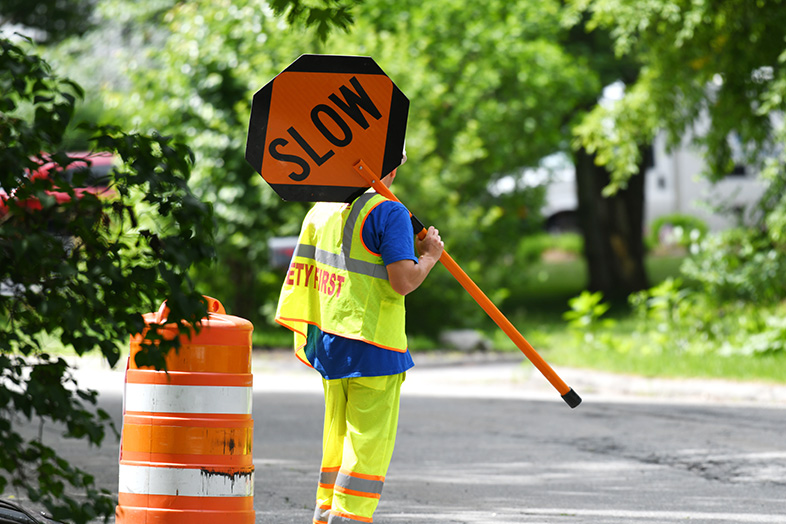
Senator Jerry Petrowski is trying to make the roadways just a little bit safer in the upcoming year with his proposal for a new bill that would bar drivers from using their cellphones while driving through construction zones where workers are present. The plan of the new bill, which was proposed recently and is seeking other co-sponsors, is to not only make conditions safer for construction workers but reduce the number of distracted driving accidents in Wisconsin.
Nearly every driver in the state of Wisconsin knows how congested construction zones can get. And with workers sometimes only a few feet from vehicles, it’s hard not to see the dangers this profession presents. While it’s true that anyone can cause a serious or fatal accident in a construction zone, distracted driving can increase these odds. That’s what this bill intends on reducing.
According to the proposal, first-time violators could face a fine between $20 and $40 and up to $100 for a second offense. The hope is that the threat of fines will force people to realize how dangerous it is to use a cellphone while operating a motor vehicle and perhaps make a motorist think twice before choosing to use their cellphone in a construction area.
But as readers of our blog know, fines are not always enough of a deterrent. Some drivers feel that the risk of getting caught or causing an accident are too small and choose instead to perform negligent behaviors behind the wheel of a car. In the end, this decision could result in crashes involving other vehicles as well as construction workers, which is a scenario many people hope the proposed bill will also address as it works its way through the government.
Source: Fox 11 News, "Cell phone ban in construction zones sought," The Associated Press, Dec. 6, 2013